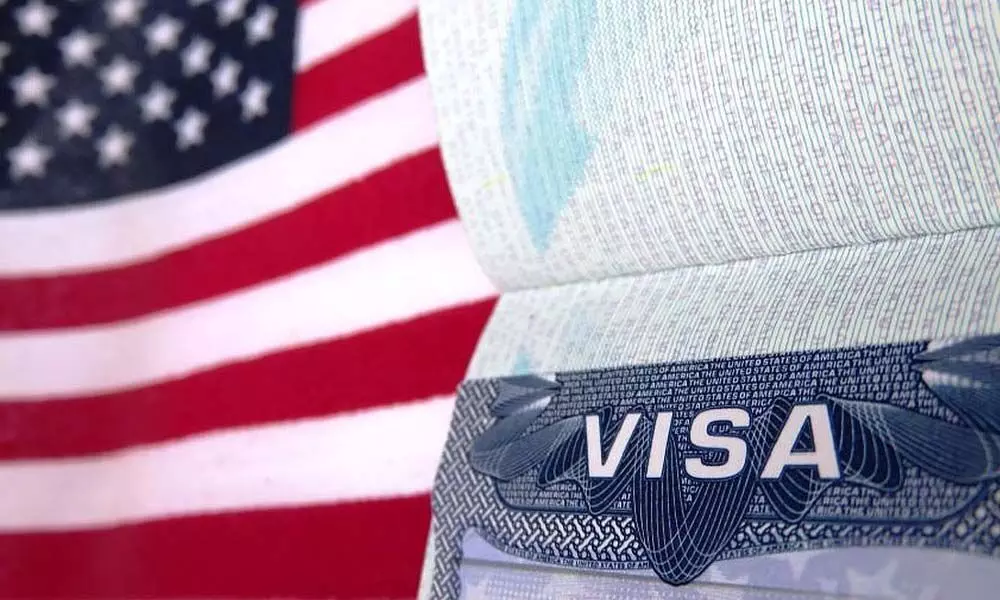US reaches H-1B visa cap for 2021
The technology companies depend on it to hire tens of thousands of employees each year from countries like India and China
image for illustrative purpose

USCIS gets sufficient number of petitions needed to reach the congressionally mandated 65,000 H-1B visa regular cap and the 20,000 H-1B visa US advanced degree exemption, known as the master's cap, for fiscal year 2021
Washington: The US has received enough petitions needed to reach the Congressionally-mandated 65,000 H-1B visa cap for the fiscal year 2021 and successful candidates for the most sought-after work visa among foreign professionals, including Indians, would be decided by a computerised draw of lots. The H-1B visa is a non-immigrant visa that allows the US companies to employ foreign workers in speciality occupations that require theoretical or technical expertise. The technology companies depend on it to hire tens of thousands of employees each year from countries like India and China.
US Citizenship and Immigration Services (USCIS) has said it has received a sufficient number of petitions needed to reach the congressionally mandated 65,000 H-1B visa regular cap and the 20,000 H-1B visa US advanced degree exemption, known as the master's cap, for fiscal year (FY) 2021. Successful applicants would be decided by a computerised draw of lots. "We have completed sending non-selection notifications to registrants' online accounts," a media release said. "We will continue to accept and process petitions that are otherwise exempt from the cap," it said. Petitions filed for current H-1B workers who have been counted previously against the cap, and who still retain their cap number, are exempt from the FY 2021 H-1B cap.
The USCIS will continue to accept and process petitions filed to extend the amount of time a current H-1B worker may remain in the US and change the terms of employment for current H-1B workers. The Biden administration this month announced that it was delaying the H-1B policy of the previous Trump administration on the allocation of the popular foreign work visas by continuing with the lottery system until December 31, 2021, to give the immigration agency more time to develop, test and implement the modifications to the registration system. On January 7, the US Citizenship and Immigration Services (USCIS) announced to do away with the traditional lottery system in deciding the successful applicants for the H-1B visas. The Trump-era rule was scheduled to go into effect on March 9.

